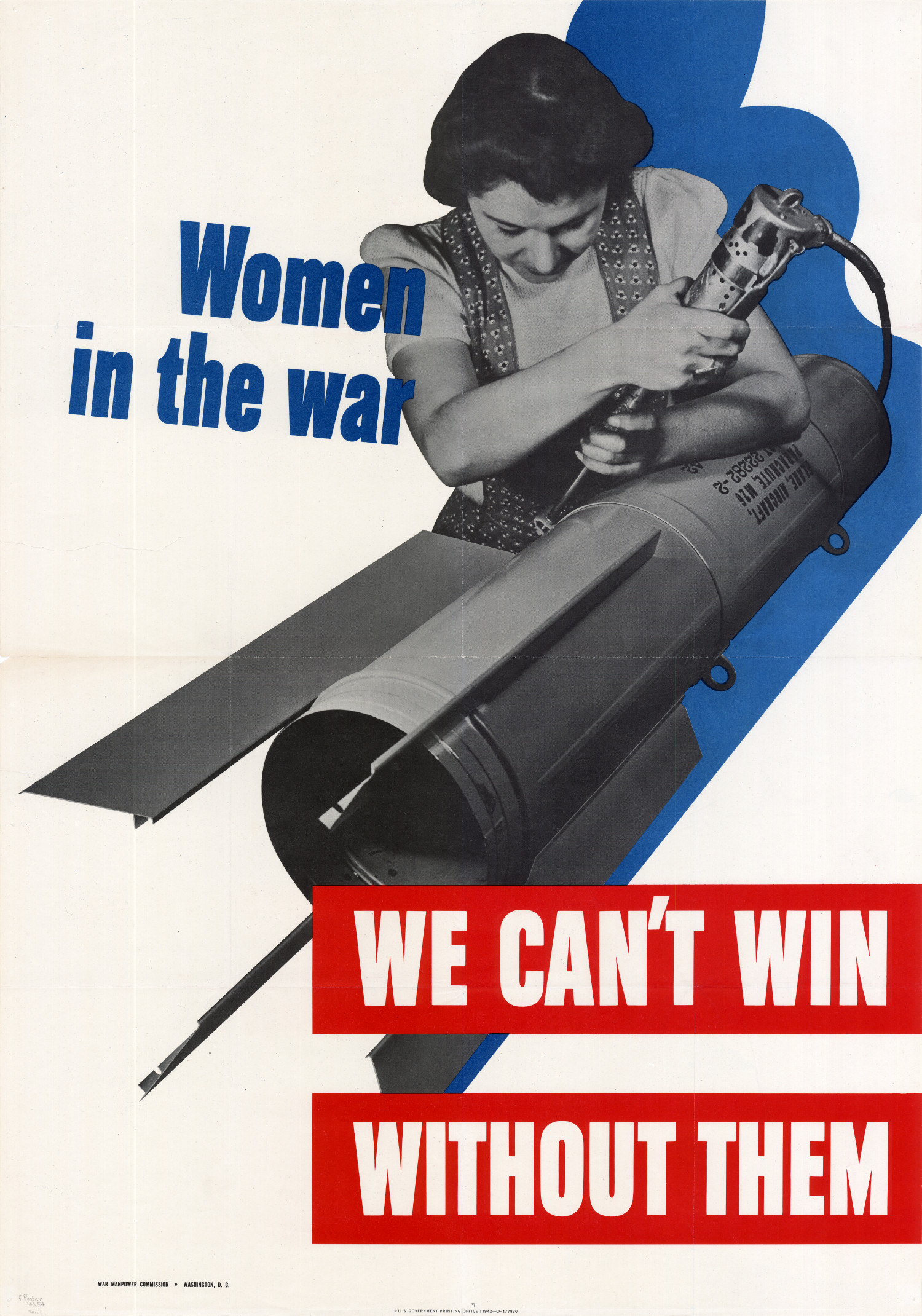Photo credit: Britt Fuller via flickr
Context:
A critical feminist perspective is necessary to a more accurate understanding of problems around gender and militarism, security, warfare, and militaries themselves. All of these depend on gender hierarchies—the privileging of masculinity and its associated traits over femininity and its associated traits—and “gendered myths and images” to function.
In the News:
“The United States Air Force graduated its first ten female pilots from undergraduate pilot training on September 2, 1977. More than 40 years later, only 5.8% of Air Force pilots are female. Furthermore, only 6% of the Air Force’s general officers and 9% of wing commanders are a member of any U.S. minority group. Problems with diversity and inclusiveness are not specific to the military, however: still only 5.6% of Fortune 500 CEOs. Across the globe, whether in the military or private sector, gender disparity remains one of the most critical issues being faced today. This is not merely a statistical issue; on a global scale, countries that provide women with equal rights are more stable, more secure, and more peaceful. They are also more economically prosperous, have a higher literacy rate, and witness less ethnic, racial, or tribal discrimination. Gender equality is, as former Secretary of State Condoleezza Rice outlines in “Democracy: Stories from the Long Road to Freedom”, one of the most critical metrics for successful democratic transition and the key to movements for freedom abroad. In promoting gender equality, we are supporting a more stable, peaceful, and prosperous world. But for the United States, this is a cause that must also be championed at home.”
“One of the diversity initiatives the Air Force has undertaken is to mandate unconscious bias training for selection board members who make critical placement and promotion decisions. But unconscious biases do not just affect selection for jobs or promotions; they affect how we treat one another, how we perceive and prioritize information, how we mentor and provide feedback, how we make critical decisions, and how we mitigate risks in our daily tasks. They affect our lives persistently and yet subtly. Within each action and decision, we have the potential to let our biases inform our judgment. We all have the responsibility to be aware of our own fallibility and take ownership of its consequences. To this end, unconscious bias awareness training should not be limited to promotion boards, but rather integrated on a much broader basis. Whether gender equality is one of the causes we champion or not, we all need to recognize our own vulnerability to unconscious biases. We must do so without negativity, but rather with humility and grace. As we become more aware of our own biases, we can surround ourselves with people who can help us see where we may be blind. Inaction is not an option: the status quo is constantly reinforced by our unconscious biases. And that status quo, we all now know, is a significant barrier not just to equality, but to development and security on a global scale.”
Insight from Peace Science:
- Critical feminist security scholars have a different “entry point” to the study of security than other scholars, largely due to their attention to everyday lived experience and power relations, making them more attuned to the way in which “security”—and society more broadly—is deeply militarized.
- Militarism, militarized security, warfare, and the military itself all depend on gender hierarchies—the privileging of masculinity and its associated traits over femininity and its associated traits—and “gendered myths and images” to function.
- Gender hierarchies support other forms of military hierarchy and therefore are used not only to distinguish men from women (making it harder for women to successfully “negotiate femininity and masculinity” in their attempts to access power) but also to distinguish between different men (through, for instance, being denigrated and disciplined with feminine name-calling).
References:
- “The Military and the Gender Gap: The Air Force and Equality as Security Imperative” By Thomas Higginbotham for Diplomatic Courier. September 2, 2018.
- Peace Science Digest Volume 3 Special Issue: Gender & Conflict (Forthcoming): “Critical Feminist Insights on Security, Militarism, and the Inclusion of Women in the Military”.

